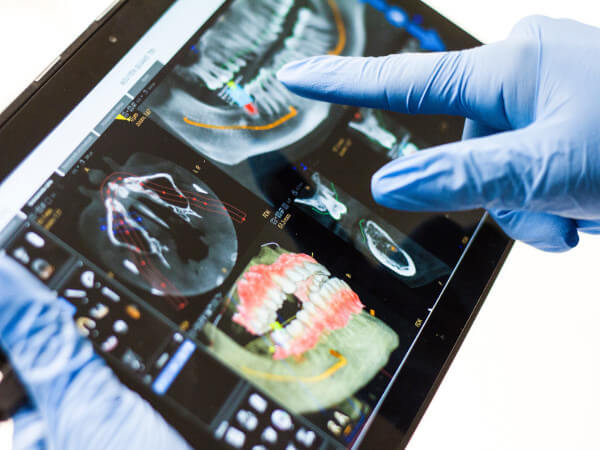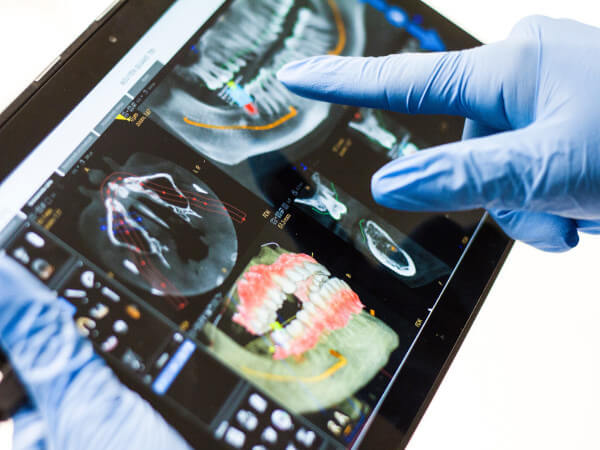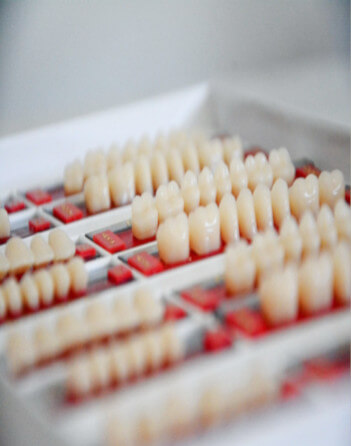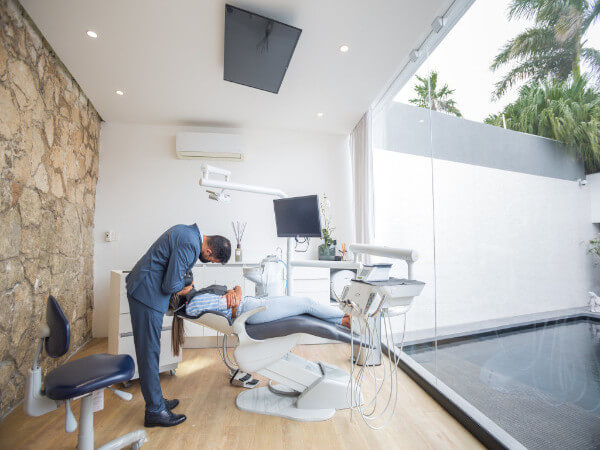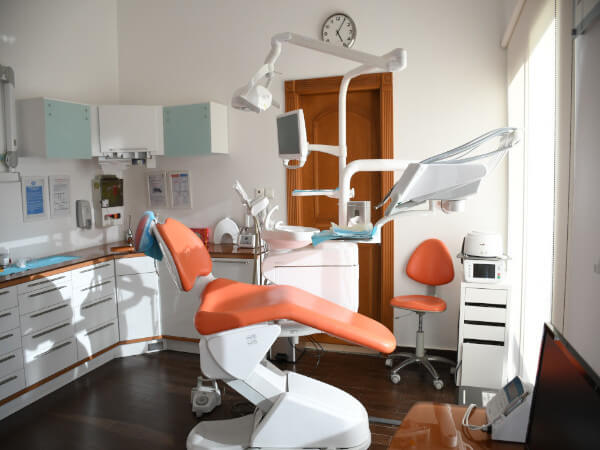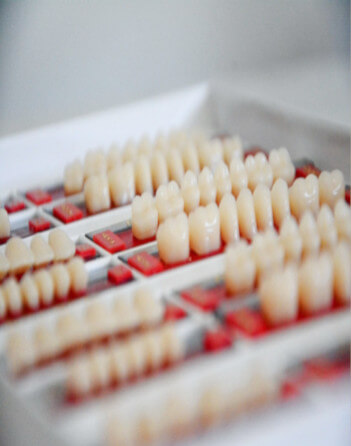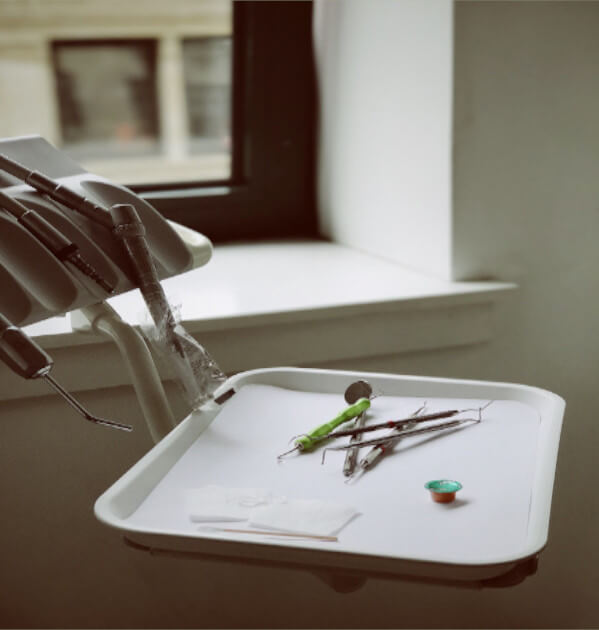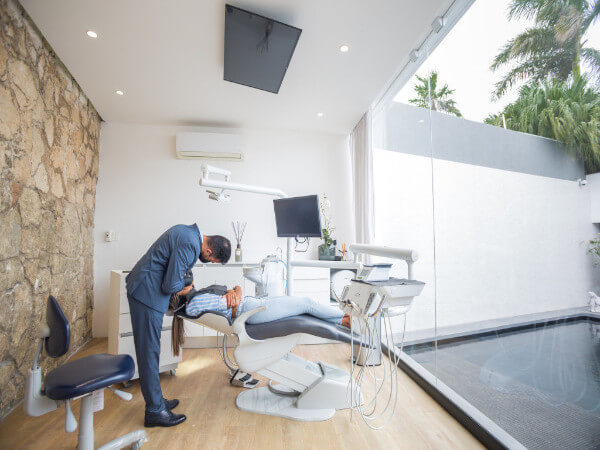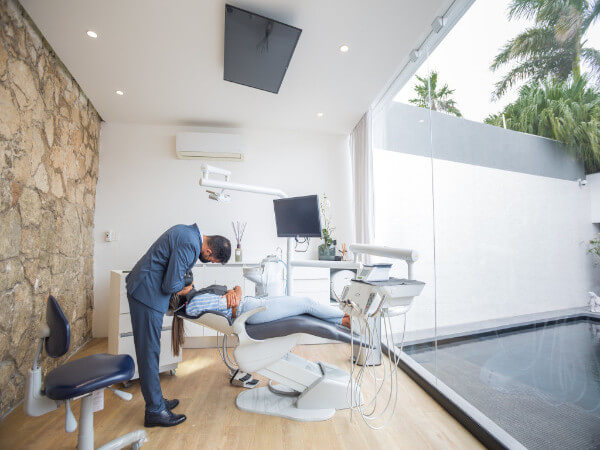Halitosis, also known as bad breath or fetor oris, is an unpleasant smell from the mouth and can be caused by food such as garlic and onions. It can also signify a medical condition such as sinusitis, pneumonia, or kidney disease.
Everyone gets bad breath occasionally, but if you have chronic halitosis, it might be a sign of a dental problem or an underlying health issue. Click https://bocadentallasvegas.com/ to learn more.

It is normal to have bad breath when you first wake up, but if the problem persists, it may indicate an underlying condition. Bacteria in the mouth create substances with unpleasant smells that cause halitosis. An infection of the gums or cavities, smoking, drinking alcohol, or taking certain medications can also contribute to this odor.
Brushing twice daily and flossing once daily can help keep the mouth clean. A tongue scraper or alcohol-free mouthwash can eliminate the bacteria in the mouth that can cause bad odors. Drinking lots of water can prevent dry mouth and contribute to halitosis. It is important to see a dentist for regular dental cleanings and checkups and a doctor if you have any chronic medical conditions that can cause bad breath.
Food stuck in the tonsils (in the back of the throat) can also cause halitosis. These can harden into calcified deposits called tonsil stones. When removed, a person’s breath can usually be freshened immediately. A bacterial infection of the throat, sinuses, nose, or lungs can cause halitosis. Pneumonia, especially when it is untreated, can be particularly smelly.
The odors of some foods, such as garlic or onions, can also cause halitosis. Smoking can also contribute to halitosis, tooth decay, and gum disease. Certain medications can also cause bad breath such as corticosteroids and antidepressants.
Using mouthwash, chewing gum, or drinking mints to mask the odor of bad breath will only temporarily relieve it. The only way to eliminate halitosis is to treat the underlying condition causing it. Once the source is identified, a treatment plan can be created. This will likely include brushing, flossing, tongue scraping, and rinsing with an antibacterial mouthwash. Regular dental cleanings can also help prevent halitosis, as will avoiding sugary foods and eating plenty of fruits and vegetables. If a person has a medical condition contributing to halitosis, the doctor can prescribe an appropriate medication to help treat the condition.
Usually, bad breath is obvious and can be diagnosed by simply asking a friend or loved one to smell your mouth. But it can be more complex. Many people think their breath smells bad even when it doesn’t, a condition called “pseudo-halitosis.” People obsessed with the perception of their bad breath may be more prone to this condition.
The most common cause of halitosis is bacteria buildup in the mouth. This can result from poor oral hygiene, periodontal (gum) disease, and other dental problems, such as cavities or exposed or cracked fillings. Bacteria also can accumulate in spaces between teeth and around loose or partial dentures. Poor dental care leads to the formation of a sticky, odor-producing substance called plaque. In addition, food that is not fully chewed and digested can become trapped in the mouth, causing bad breath.
Sometimes, bad breath is caused by systemic problems that affect the lungs and sinuses, such as sinusitis, bronchitis, or tuberculosis. In addition, advanced liver or kidney disease can cause unpleasant breath.
A dentist can identify the source of halitosis and treat the underlying problem. They can examine the tongue and palate for signs of infection, check the gums for redness and swelling, and conduct a salivary flow test. They can also recommend a treatment for the specific cause of halitosis, such as a thorough cleaning with scaling and root planing to remove bacteria or antibiotics to treat mouth or digestive tract infections.
In the case of short-term halitosis not caused by foods, drinks, or smoking, treatment is fairly simple and requires only brushing teeth, using a mouthwash, or chewing sugar-free gums. Drinking plenty of water is recommended to help prevent dehydration, and several over-the-counter halitosis reducers are available, including breath fresheners, tablets, and toothpaste. Sometimes, a dentist can recommend a mouth rinse or a halimeter to measure volatile sulfur compounds.
A person suffering from halitosis can improve his condition by following simple steps. Brushing the teeth thoroughly twice a day, flossing, and using an antiseptic mouthwash can help stop plaque from building up on the teeth. The odor-neutralizing properties of mouthwash can also help freshen your breath. Adding a tongue scraper or cleaner on the back of a toothbrush may help eliminate odor-causing bacteria. Drinking lots of water and eating more fruits, vegetables, and yogurt can also help keep the mouth healthy.
The odors that cause bad breath are produced by certain bacteria in the mouth, called gram anaerobic bacteria. These bacteria live in the hard-to-reach areas of the mouth where they don’t have much oxygen, and they break down proteins, fats, and other substances that can produce smelly volatile sulfur compounds (VSCs). These VSCs are the odors that people with chronic halitosis often have. These odors are sometimes described as having a rotten egg or sewer-like smell. People with halitosis have higher concentrations of gram-anaerobic bacteria than people without it.
Many conditions, including tonsillitis, respiratory infections such as sinusitis or bronchitis, some gastrointestinal diseases, and liver or kidney disease, can cause chronic halitosis. People with advanced liver or kidney disease often experience halitosis because their bodies can’t remove as much waste from the blood as they should.
If a person suspects that he has halitosis, he should see his dentist or doctor. The dentist can check the mouth for signs of gum disease or other causes of halitosis. The doctor can also ask the patient about his lifestyle and health habits to help find a cause.
Although it is possible to detect one’s halitosis through the sense of smell, scientists have found that this can be difficult because saliva dilutes the odor a person experiences. To help evaluate a person’s breath, scientists have developed a technique asking the patient to close his mouth and sniff the expired air. This allows the odor to be more readily detected.
Using breath mints or gum to freshen your breath is one of the most common ways to combat bad breath, and it can be effective. But if you are plagued with chronic bad breath, it is likely due to an underlying health issue that requires professional attention. Boardman, OH, dentists can help treat the cause of your bad breath and offer tips to prevent it.
The first step in preventing halitosis is maintaining good oral hygiene, including brushing twice daily and flossing. We can recommend an antibacterial toothpaste or mouthwash to assist in eradicating bacteria that can lead to plaque, tartar, and gum disease. Regular dental appointments with a hygienist are also essential to ensure that any problems are caught and treated before they become more severe.
Certain foods, such as garlic, onions, and spicy foods, can also contribute to foul-smelling breath. The breakdown of these foods in the mouth releases odors. If you are following a specific diet plan that includes these foods, wash your mouth with water after eating them. Certain medical conditions can cause bad breath, too, such as diabetes, liver or kidney disease, gastric reflux, and Sjogren’s syndrome (an autoimmune condition that causes dry mouth).
If you suffer from a chronic case of bad breath that doesn’t go away after proper home care and a visit to your dentist, it could be a sign of more serious dental or health issues. Gum disease, for example, can cause a bad odor, abscesses, and other tooth decay. Infections of the sinuses, tonsils, or lungs can also result in unpleasant odors.
If you have frequent episodes of bad breath that don’t respond to proper oral care and a trip to the dentist, it may be time to see your doctor for a full evaluation. If you are experiencing anxiety when interacting with others because of your halitosis, talk to your doctor about this. They can advise you on how to cope and suggest a psychologist if needed.


